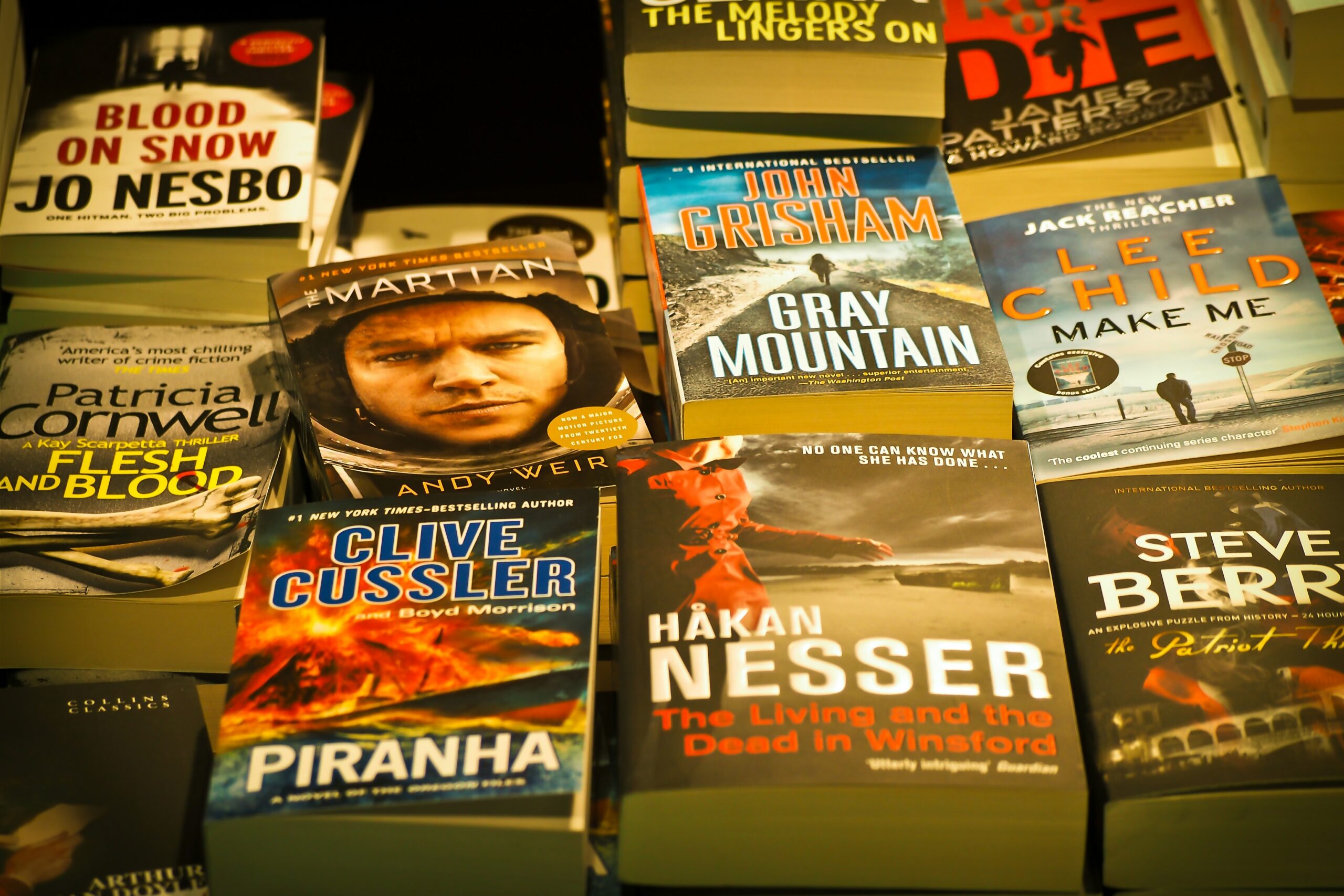The entire world is talking about how Robot Automation will take 800 million jobs by 2030. Isn’t is amusing that Robot, the very epitome of technological advancement, one which stares us in the eye today with unimaginable possibilities, wasn’t a natural outgrowth of technological research but a yield of the imagination of fiction writers?
I, Robot the science fiction short stories by Issac Asimov appeared in magazines between 1940 and 1950 while the first walking/seeing robot was developed at Stanford in 1970.
That is the power of fiction. The very structure of fiction lends itself beautifully for your imagination to fly and traverse through sometimes bizarre and sometimes magnificent grounds.
Reading is an acquired taste for most of us, I always tell my friends, fiction reading… more so.
In a world where everyone’s intelligence is judged by their knowledge of current affairs (poor Alia Bhatt, along with many other Bollywood celebs, was made a victim of such myopic social view), it shouldn’t take much for us to align ourselves with non-fiction writing -newspaper, news apps & magazines are all examples of non-fiction writing. And there is nothing wrong with that.
Non-fiction, after all, teaches us about living. But fiction teaches us about life.
Leo Tolstoy,one of the greatest authors of all time, starts his literary masterpiece with the following quotation: “All happy families are alike; each unhappy family is unhappy in its own way.” Now this is wisdom that only someone who has seen life up close can share with you. And whether you are reminiscing or looking into the future, you can’t possibly argue the truthfulness and pervasiveness of this thought. No non-fiction, no matter how robust, can give you such insights about life and society.
Javed Akhtar, the famous poet, screenwriter & lyricist once said in an interview that:
A hero is the personification of the combination of contemporary aspirations and morality.
And if you look at how protagonists in Bollywood have evolved over the years, there is no better definition of a hero/heroine.
It will not be wrong then that movies, which are mostly nothing short of fiction, have the potential to give us a handle to the society and how it behaves in a certain era.
Salim Khan, famous screenwriter and father of famous Salman Khan, believes:
There is no better screenplay than Mahabharat and no better story than Ramayana.
If we look at these epics sans the passion of religion, they are little beyond beautiful narratives. This holds true for every religious book, if we were to believe Yuval Noah Harari. In his book Sapiens, Yuval very beautifully explains the power of story-telling. If you tried to bunch together one thousand chimpanzees into a marketplace, he suggests, the result would be pandemonium. Humans, on the other hand, gather in huge numbers across various places including markets, places of worship etc. and still maintain order. The reason is the ‘mythical glue’ that we have bound the humans minds with, through story-telling.
If that be the power of fiction/story-telling, don’t you feel it is worthwhile to spend some time immersing ourselves in fiction?



